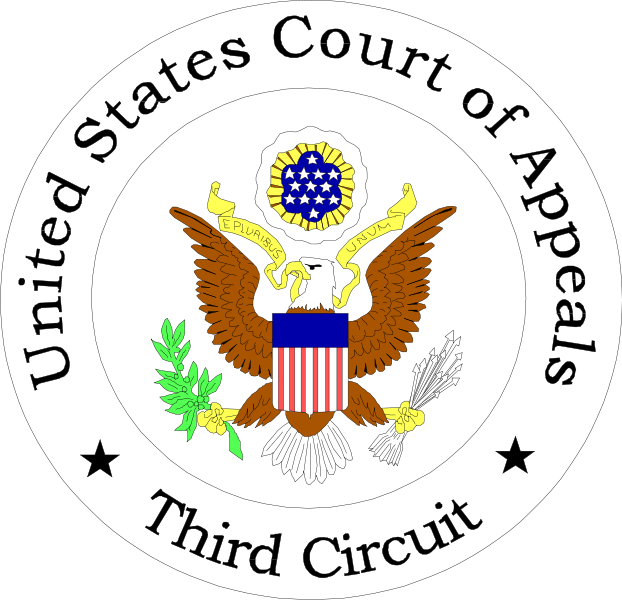
 Last week, we wrote about two federal appellate court decisions regarding qui tam suits under the False Claims Act (FCA). Those decisions 1) opened qui tam suits to government officials—even those tasked with investigating fraud, and 2) deemed underbidding on government contracts an actionable “false claim.” Today, we focus on two other FCA/qui tam appellate court rulings, both of which concerned employee suits against former employers. In both cases, the Third and Seventh Circuits rejected the would-be relator’s qui tam claims. The outcomes are small victories for those who believe that the FCA has been expanded beyond its original purpose.
Last week, we wrote about two federal appellate court decisions regarding qui tam suits under the False Claims Act (FCA). Those decisions 1) opened qui tam suits to government officials—even those tasked with investigating fraud, and 2) deemed underbidding on government contracts an actionable “false claim.” Today, we focus on two other FCA/qui tam appellate court rulings, both of which concerned employee suits against former employers. In both cases, the Third and Seventh Circuits rejected the would-be relator’s qui tam claims. The outcomes are small victories for those who believe that the FCA has been expanded beyond its original purpose.
In U.S. ex rel. Repko v. Guthrie Clinic et al., the Third Circuit held that an individual who discloses FCA allegations to the government pursuant to a plea agreement cannot be said to have “voluntarily” disclosed those contentions. Four years after leaving employment, Repko, a former employee of Guthrie, stole $2 million by forging the names of Guthrie employees on loan documents. As part of his plea agreement with the government, Repko agreed to give the government information relating to the “unlawful activities of others.” After providing the government with various allegations, Repko tried to bring a qui tam action based on that same information.
Because similar allegations had previously been disclosed on websites and in prior litigation, Repko could only bring a qui tam action if he was an “original source” of the information. To be an original source, an individual must voluntarily disclose their information to the government. Repko’s disclosure was far from voluntary: he provided the information “only after he pleaded guilty to bank fraud, faced a substantial sentence, and bargained for a lower sentence.” Thus, he did not qualify as an original source and his claims were dismissed.
In Halasa v. ITT Educational Services, Inc., Halasa claimed that he was fired because he had identified potential FCA allegations, and that such termination violated provisions of the False Claims Act. (His employer contended that he was terminated based on his questionable behavior, including smoking hookah with other employees on campus during student orientation, and masterminding an “ill-advised plan” to close all of the campus’ restrooms simultaneously.) When there was no evidence that the officials who had terminated Halasa had any knowledge of his contentions, Halasa argued that the court should attribute his superior’s knowledge of his accusations to his employer and all of its agents. In refusing to do so, the Seventh Circuit reasoned that Halasa’s argument “seriously misunderstands the way liability rules work in the corporate setting.”
These are two limited wins at best. The Third Circuit’s decision was labeled “not precedential,” and the Seventh Circuit merely rejected a novel and unprecedented expansion of liability. Nonetheless, Repko indicates that defendants should look closely at the terms under which relators disclose their allegations to the government, and Halasa reaffirms the essential elements of a claim for retaliatory discharge. In today’s FCA climate, with record recoveries under the statute, even a simple reaffirmation is notable.
